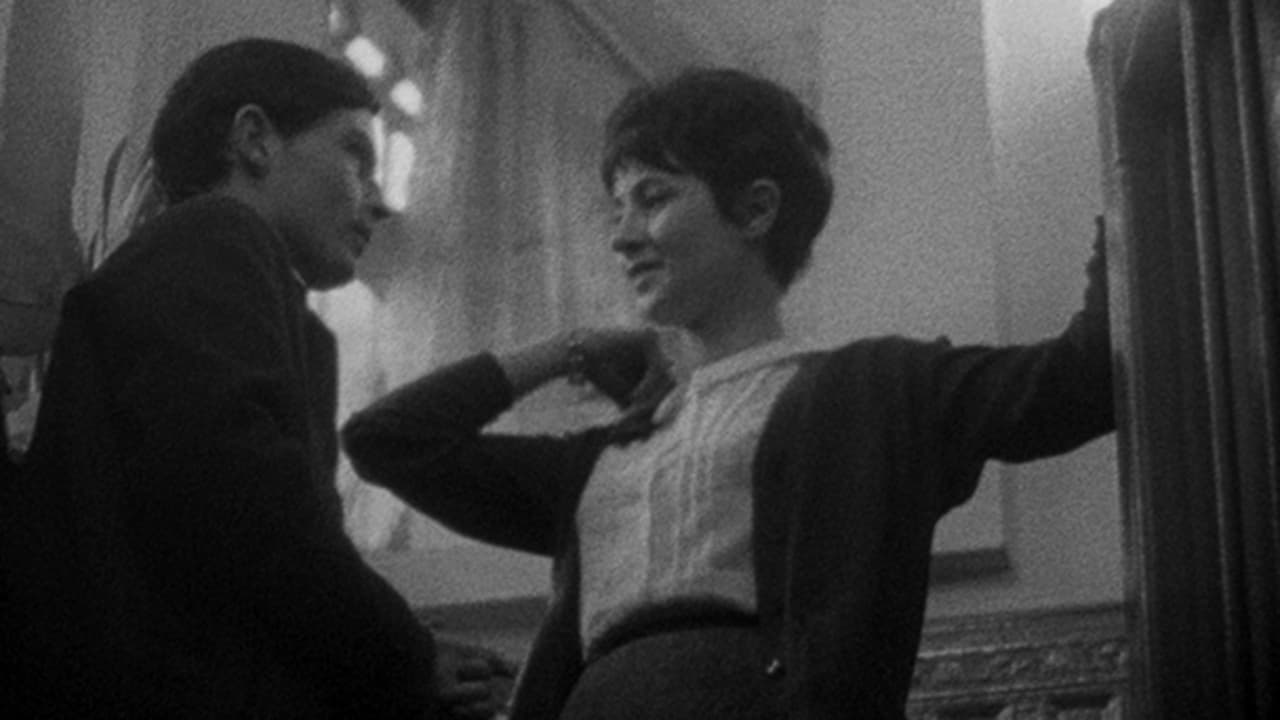

"Suzanne's Career" is the second of Eric Rohmer's "six moral tales". It concerns a young man, Guillaume, whose purpose in life is using women. If they have money he can filch, so much the better. The story is narrated by Bertrand, Guillaume's friend. In the first scene, the couple meet Suzanne, a young student who falls in with them and gets the usual treatment by Guillaume.Bertrand, like everyone in the story, knows that Guillaume is a thief without redeeming attributes, and so do we, so what is the moral question posed by this film?I can forgive the voice-overs, as Rohmer is trying to bring us into the internal thought processes of Bertrand. But I found the film to be choppy and amateurish. The biggest question posed by the film is why Bertrand would choose Guillaume as a friend.Although I have not seen all of Rohmer's moral tales, at least some of the later ones are more polished and have a more interesting point of view.
... View More"Suzanne's Career" is a rather slow moving story about three friends. One is a bit of a Romeo and is focused on his current conquest, Suzanne. The other is a friend who narrates the film. His role is odd--he just hangs around the two and acts a bit like a chaperon--a chaperon who disappears when the pair want to sleep together. Eventually, the simple girl, Suzanne, turns out to be a bit more clever than either guy had expected and soon begins to make eyes at the chaperon. What is going on here? See the film yourself if you'd like to know.Watching "Suzanne's Career" reminds me of a home movie--a very good home movie, but a home movie nonetheless. It appears to have been made using an 8mm camera, is quite grainy, have occasionally sloppy edits and has no titles or introduction. The camera also appears to have been hand-held at times and is, occasionally, a bit jerky. Because of all these factors and the non-professional style of the acting, it's not very easy to take this film seriously. The way I see it, it's a way for Eric Rohmer fans to see his early works in order to see how much he improved and evolved over the next few decades. And because of all this, it's NOT a movie for the casual viewer--more for the die-hard Rohmer fans. And, because I assume this was only made for Rohmer and his New Wave buddies, I really don't think it's possible to score this one.By the way, twice in the film the line "Girls like to be forced" was repeated. How very progressive!!
... View MoreThis is the second of the moral tales, but it's the last one I had left to see. I probably would have liked it better if I had seen it earlier as it covers a lot of the same areas as the later films but it's naturally less polished. It's clearly a very low budget film and the visuals are among Rohmer's most nondescript. Also, despite it's brevity it drags a bit in places. Still, in spite of these flaws it's a worthwhile addition to the Rohmer canon.The film itself is about two male college students. Guillame is the leader here. He is also a real jerk, similar to the stereotypical frat boy today. This is the type of person who comes from a privileged background but is still quite ignorant in spite of his advantages. Since he is clearly lacking intelligence but seems affable enough, this type of guy gets treated well by people who don't realize that he has just enough cunning to take advantage of their kindness and screw them over. So naturally he uses and abuses everyone around him. This includes his pathetic, spineless sidekick, Bertrand, and their mutual love interest/dumping ground Suzanne. The film is narrated by Bertrand who is something of a non-entity.Suzanne is a decent looking girl with a steady job but she doesn't have enough money to attend college full time. Because she is not beautiful and also because of the aforementioned lack of funds she allows herself to be used by Bertrand and Guillame. It's clear she cares more about them than they do about her and she ends up wasting her hard earned money on the boys.The twist here is that eventually Suzanne gets tired of the boys and moves on to better things while they stay the same. Despite coming from a lower social standing she ends equal to them and thus exposes their aimless apathy. Of course, Suzanne is not perfect either. The film's title suggests that her goals from the beginning might have been different than they seemed.
... View MoreIn Suzanne's Career, the 54-minute second film of Rohmer's group of Six Moral Tales, two friends, both students at a local university, vie for the affections of Suzanne (Catherine See). Guillame (Christian Charriere) is the more aggressive and the most manipulative but Bertrand (Phillipe Beuzen) goes along with his schemes and his character is not beyond blemish. Both scheme to have Suzanne pay for their good times and ignore her at parties to make her jealous while telling each other how they detest her.There is a great deal of narration in the film and we are privy to Bertrand's thoughts and feelings as he sorts out for himself what is right and what is wrong. Suzanne is sweet but seemingly rather passive and easily exploited and we root for her to assert herself, and in typical Rohmer style we don't have to wait very long. This is a lovely film and, though it goes on a bit too long in pursuing its resolution, the ending is deliciously satisfying.
... View More